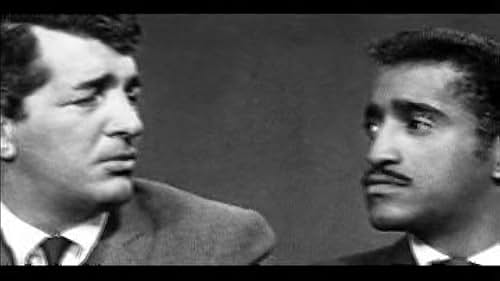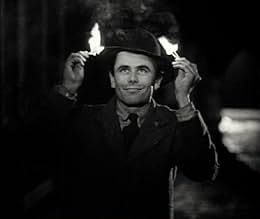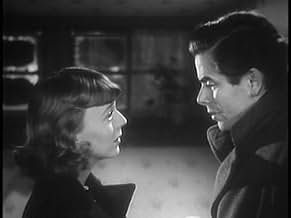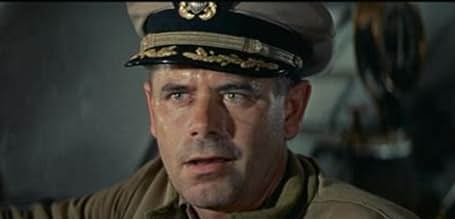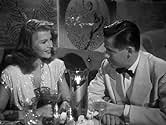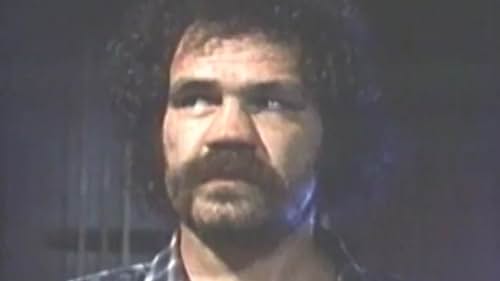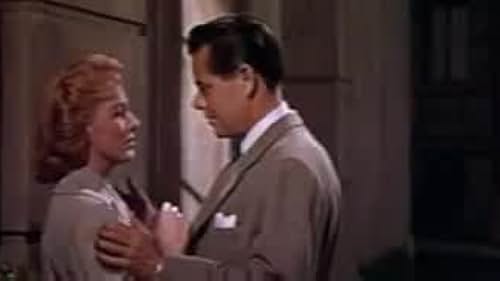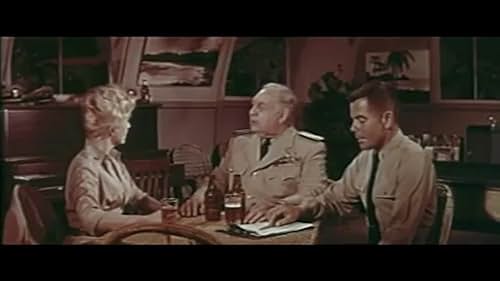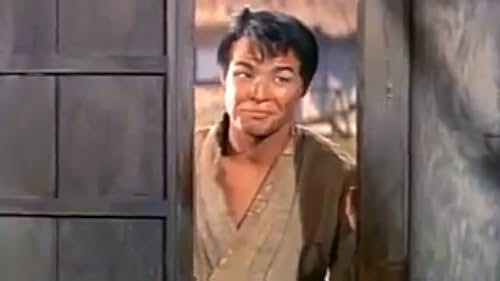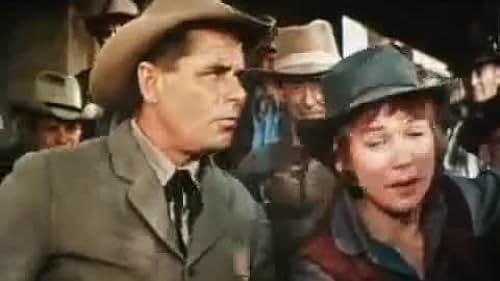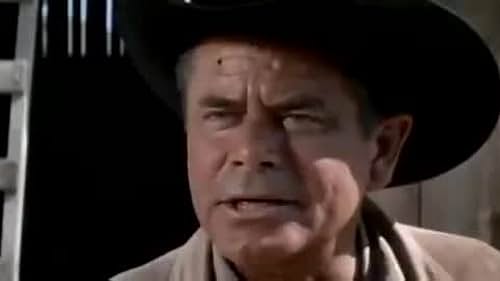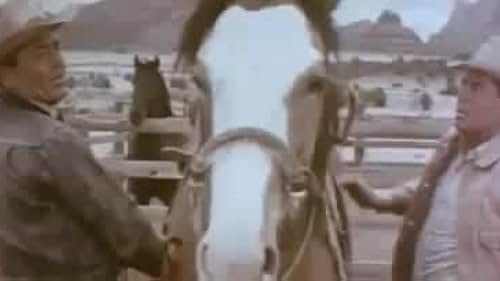Glenn Ford(1916-2006)
- Actor
- Producer
- Soundtrack
Legendary actor Glenn Ford was born Gwyllyn Samuel Newton Ford in Sainte-Christine-d'Auvergne, Quebec, Canada, to Hannah Wood (Mitchell) and Newton Ford, a railroad executive. His family moved to Santa Monica, California when he was eight years old. His acting career began with plays at high school, followed by acting in West Coast, a traveling theater company.
Ford was discovered in 1939 by Tom Moore, a talent scout for 20th Century Fox. He subsequently signed a contract with Columbia Pictures the same year. Ford's contract with Columbia marked a significant departure in that studio's successful business model. Columbia's boss, Harry Cohn, had spent decades observing other studios'-most notably Warner Brothers-troubles with their contract stars and had built his poverty-row studio around their loan-outs. Basically, major studios would use Columbia as a penalty box for unruly behavior-usually salary demands or work refusals. The cunning Cohn usually assigned these stars (his little studio could not normally afford then) into pictures, and the studio's status rose immensely as the 1930s progressed. Understandably, Cohn had long resisted developing his own stable of contract stars (he'd first hired Peter Lorre in 1934 but didn't know what to do with him) but had relented in the late 1930s, first adding Rosalind Russell, then signing Ford and fellow newcomer William Holden. Cohn reasoned that the two prospects could be used interchangeably, should one become troublesome. Although often competing for the same parts, Ford and Holden became good friends. Their careers would roughly parallel each other through the 1940s, until Holden became a superstar through his remarkable association with director Billy Wilder in the 1950s.
Ford made his official debut in Fox's Heaven with a Barbed Wire Fence (1939), and continued working in various small roles throughout the 1940s until his movie career was interrupted to join the Marines in World War II. Ford continued his military career in the Naval Reserve well into the Vietnam War, achieving the rank of captain. In 1943 Ford married legendary tap dancer Eleanor Powell, and had one son, Peter Ford. Like many actors returning to Hollywood after the war (including James Stewart and Holden (who had already acquired a serious alcohol problem), he found it initially difficult to regain his career momentum. He was able to resume his movie career with the help of Bette Davis, who gave him his first postwar break in the 1946 movie A Stolen Life (1946). However, it was not until his acclaimed performance in a 1946 classic film noir, Gilda (1946), with Rita Hayworth, that he became a major star and one of the the most popular actors of his time. He scored big with the film noir classics The Big Heat (1953) and Blackboard Jungle (1955), and was usually been cast as a calm and collected everyday-hero, showing courage under pressure. Ford continued to make many notable films during his prestigious 50-year movie career, but he is best known for his fine westerns such as 3:10 to Yuma (1957) and The Rounders (1965). Ford pulled a hugely entertaining turn in The Sheepman (1958) and many more fine films. In the 1970s, Ford made his television debut in the controversial The Brotherhood of the Bell (1970) and appeared in two fondly remembered television series: Cade's County (1971) and The Family Holvak (1975). During the 1980s and 1990s, Ford limited his appearance to documentaries and occasional films, including a nice cameo in Superman (1978).
Glenn Ford is remembered fondly by his fans for his more than 100 excellent films and his charismatic silver screen presence.
Ford was discovered in 1939 by Tom Moore, a talent scout for 20th Century Fox. He subsequently signed a contract with Columbia Pictures the same year. Ford's contract with Columbia marked a significant departure in that studio's successful business model. Columbia's boss, Harry Cohn, had spent decades observing other studios'-most notably Warner Brothers-troubles with their contract stars and had built his poverty-row studio around their loan-outs. Basically, major studios would use Columbia as a penalty box for unruly behavior-usually salary demands or work refusals. The cunning Cohn usually assigned these stars (his little studio could not normally afford then) into pictures, and the studio's status rose immensely as the 1930s progressed. Understandably, Cohn had long resisted developing his own stable of contract stars (he'd first hired Peter Lorre in 1934 but didn't know what to do with him) but had relented in the late 1930s, first adding Rosalind Russell, then signing Ford and fellow newcomer William Holden. Cohn reasoned that the two prospects could be used interchangeably, should one become troublesome. Although often competing for the same parts, Ford and Holden became good friends. Their careers would roughly parallel each other through the 1940s, until Holden became a superstar through his remarkable association with director Billy Wilder in the 1950s.
Ford made his official debut in Fox's Heaven with a Barbed Wire Fence (1939), and continued working in various small roles throughout the 1940s until his movie career was interrupted to join the Marines in World War II. Ford continued his military career in the Naval Reserve well into the Vietnam War, achieving the rank of captain. In 1943 Ford married legendary tap dancer Eleanor Powell, and had one son, Peter Ford. Like many actors returning to Hollywood after the war (including James Stewart and Holden (who had already acquired a serious alcohol problem), he found it initially difficult to regain his career momentum. He was able to resume his movie career with the help of Bette Davis, who gave him his first postwar break in the 1946 movie A Stolen Life (1946). However, it was not until his acclaimed performance in a 1946 classic film noir, Gilda (1946), with Rita Hayworth, that he became a major star and one of the the most popular actors of his time. He scored big with the film noir classics The Big Heat (1953) and Blackboard Jungle (1955), and was usually been cast as a calm and collected everyday-hero, showing courage under pressure. Ford continued to make many notable films during his prestigious 50-year movie career, but he is best known for his fine westerns such as 3:10 to Yuma (1957) and The Rounders (1965). Ford pulled a hugely entertaining turn in The Sheepman (1958) and many more fine films. In the 1970s, Ford made his television debut in the controversial The Brotherhood of the Bell (1970) and appeared in two fondly remembered television series: Cade's County (1971) and The Family Holvak (1975). During the 1980s and 1990s, Ford limited his appearance to documentaries and occasional films, including a nice cameo in Superman (1978).
Glenn Ford is remembered fondly by his fans for his more than 100 excellent films and his charismatic silver screen presence.

